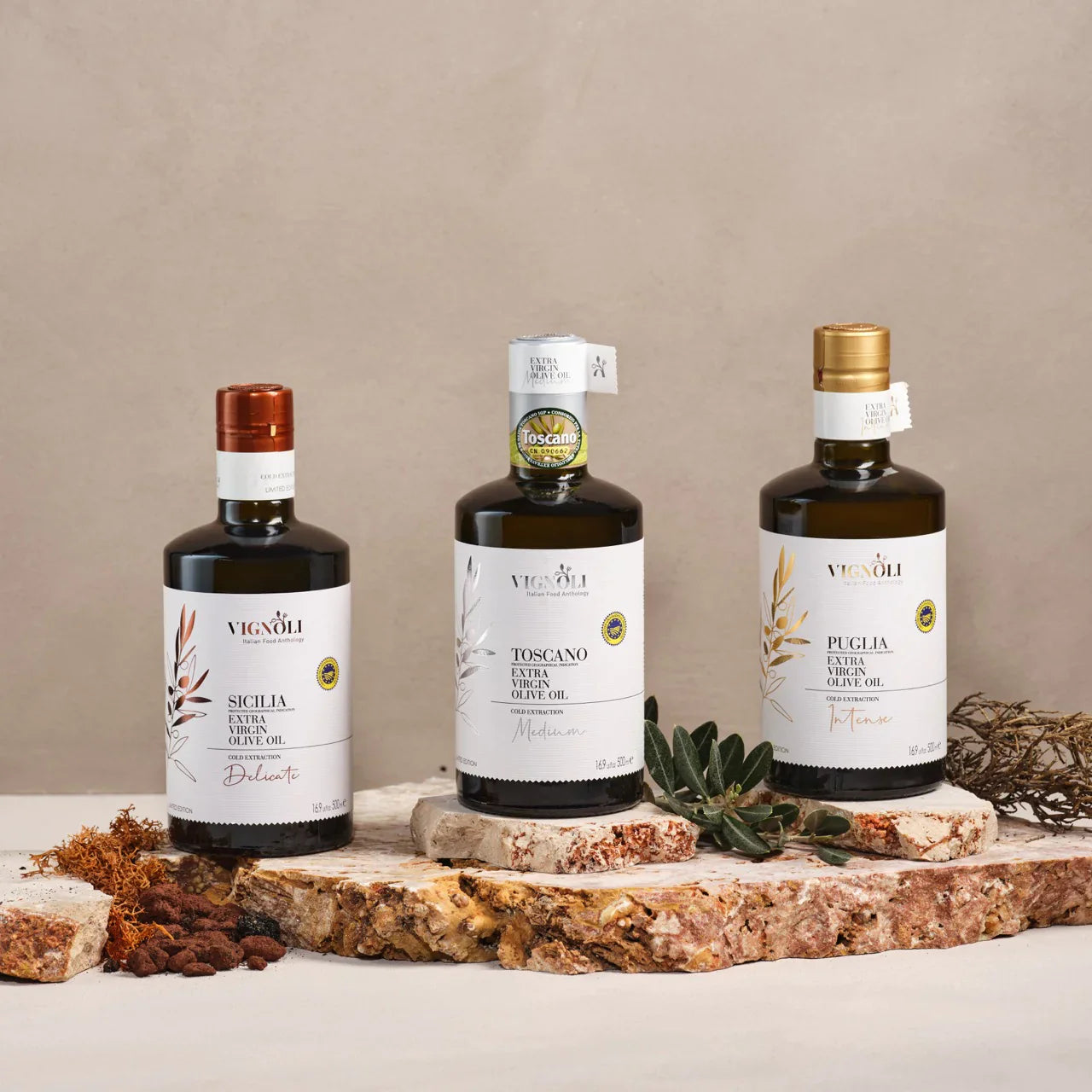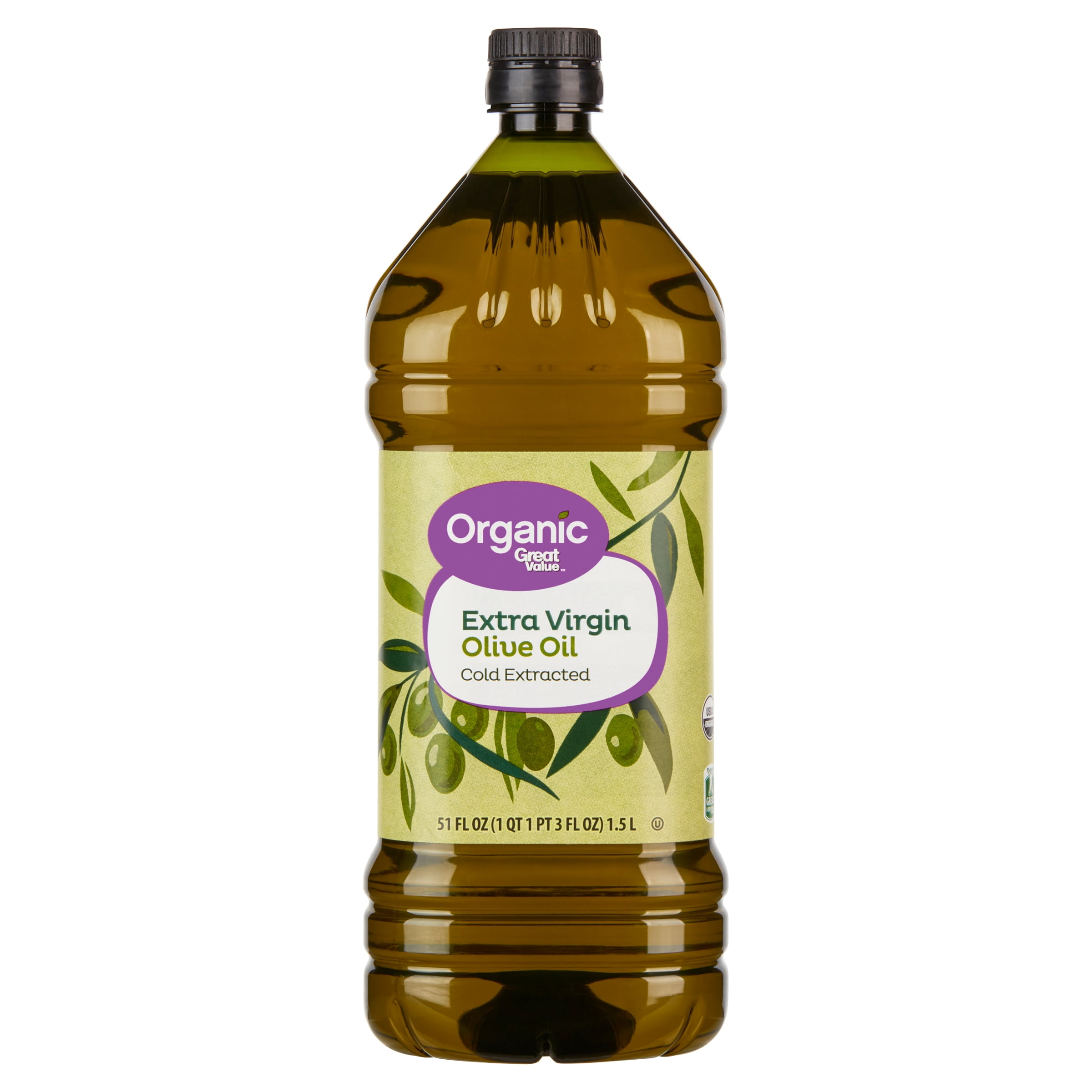The Top Extra Virgin Olive Oil Benefits That Can Transform Your Diet
The Top Extra Virgin Olive Oil Benefits That Can Transform Your Diet
Blog Article
Discovering the Various Kinds Of Olive Oil and Their Uses, Including Bonus Virgin Olive Oil
The expedition of olive oil encompasses a diverse range of kinds, each offering unique tastes and cooking applications. Extra virgin olive oil, renowned for its exceptional high quality and health and wellness advantages, serves as a staple in lots of kitchen areas, yet it is only one element of this multifaceted component.
What Is Olive Oil?
Obtained from the fruit of the olive tree, olive oil is a staple in Mediterranean food and a key ingredient in various cooking applications. This versatile oil is created by pushing whole olives, leading to a liquid that varies in color, fragrance, and flavor relying on the type of olives used, the region of growing, and the removal process. Olive oil is mostly made up of monounsaturated fats, particularly oleic acid, which is understood for its potential health and wellness benefits, consisting of anti-inflammatory residential or commercial properties and cardio support.
Along with its culinary usages, olive oil has a long history of application in typical medicine and skincare, owing to its abundant antioxidant material (extra virgin olive oil benefits). The oil is frequently made use of in dressings, marinates, and for cooking methods such as sautéing and roasting. Its distinctive taste profile can enhance the preference of different meals, making it a necessary component for both home chefs and expert chefs
Moreover, olive oil is commemorated for its duty in the Mediterranean diet plan, which is related to many wellness benefits. As recognition of these benefits expands, olive oil continues to obtain appeal worldwide as a fundamental element of a healthy and balanced way of living.
Sorts Of Olive Oil
Recognizing the various kinds of olive oil is essential for both culinary lovers and health-conscious customers. Olive oil is categorized mainly based on its extraction method and top quality, which substantially impacts its taste, fragrance, and health and wellness benefits.
Light olive oil, in spite of its name, refers to a lighter flavor and not lower calories. It is perfect for those seeking an extra subtle taste in dressings and marinades. Furthermore, there are flavored olive oils instilled with natural herbs, spices, or citrus, which can improve meals without the need for added flavoring.
Each kind of olive oil offers particular culinary purposes, and recognizing these differences enables customers to make educated selections that line up with their food preparation styles and health and wellness goals.
Extra Virgin Olive Oil
Bonus virgin olive oil (EVOO) is commonly regarded as the best olive oil readily available, well known for its abundant taste and countless health and wellness benefits. To be identified as extra virgin, the oil must be generated from fresh olives using mechanical procedures, without the usage of solvents or extreme warmth. This meticulous method protects the oil's natural flavors, anti-oxidants, and healthy fats, causing an item with a reduced level of acidity level of much less than 0.8%.
EVOO is plentiful in monounsaturated fats, especially oleic acid, which is linked to minimized inflammation and enhanced heart health and wellness. It likewise consists of polyphenols, effective antioxidants that might supply protective results versus chronic illness. The taste profile of EVOO can vary significantly relying on the olive variety and region of manufacturing, varying from verdant and fruity to robust and peppery.

Culinary Use Olive Oil

In cooking, olive oil can be used for sautéing, toasting, and cooking, giving a much healthier choice to butter or various other fats. Its high smoke factor makes it ideal for various cooking approaches, while its anti-oxidants add to a heart-healthy diet regimen. Sprinkling olive oil over completed meals, such as pasta, fish, or barbequed vegetables, can raise flavors and include a touch of style.
In addition, olive oil plays a substantial duty in baking, where it can replace conventional fats in recipes for bread and pastries, presenting dampness and a subtle taste. It additionally functions as a base for instilled oils, allowing cooks to trying out tastes such as garlic, herbs, or chili, further increasing its cooking capacity. Overall, olive oil's convenience makes it crucial in both home and specialist kitchen areas.
Choosing Top Quality Olive Oil
When selecting top quality olive oil, it's important to think about a number of vital variables that affect the product's flavor, health, and scent benefits. Firstly, select additional virgin olive oil (EVOO), which is originated from the very first cool pressing of olives and has the highest degree of antioxidants and valuable compounds. Search for oils that are licensed by recognized organizations, as this usually guarantees adherence to rigid top quality standards.
The product packaging you could check here additionally plays a significant function in maintaining the oil's honesty. Choose oils kept in dark glass containers or tins to secure against light destruction. Take notice of the harvest date; fresher oils use premium flavor and nutritional value, so choose products that are within 18 months of their harvest.
Be mindful of the preference; a great high quality olive oil ought to have a balance of fruity, bitter, and peppery notes, indicating its splendor and intricacy. By examining these aspects, you can ensure you are choosing the best olive oil for your cooking requirements.
Final Thought
In summary, the exploration of numerous kinds of olive oil exposes distinct characteristics and applications, with added virgin olive oil standing for the pinnacle of top quality because of its low acidity and high antioxidant web content. Its adaptability in culinary you could try this out usages improves flavors in dressings, sauces, and sprinkles. Comprehending the different varieties of olive oil permits informed selections in cooking methods, promoting healthier techniques while improving the general gastronomic experience. Quality selection continues to be critical for ideal benefits.
Acquired from the fruit of the olive tree, olive oil wikipedia reference is a staple in Mediterranean cuisine and a key component in numerous culinary applications.The most typical kinds of olive oil include fine-tuned olive oil, pure olive oil, and light olive oil.Bonus virgin olive oil (EVOO) is widely concerned as the greatest quality olive oil offered, celebrated for its rich taste and many health benefits. Choose for extra virgin olive oil (EVOO), which is obtained from the initial cold pressing of olives and consists of the highest possible degrees of antioxidants and helpful substances.In recap, the exploration of different kinds of olive oil discloses distinct attributes and applications, with additional virgin olive oil standing for the peak of top quality due to its reduced acidity and high antioxidant material.
Report this page